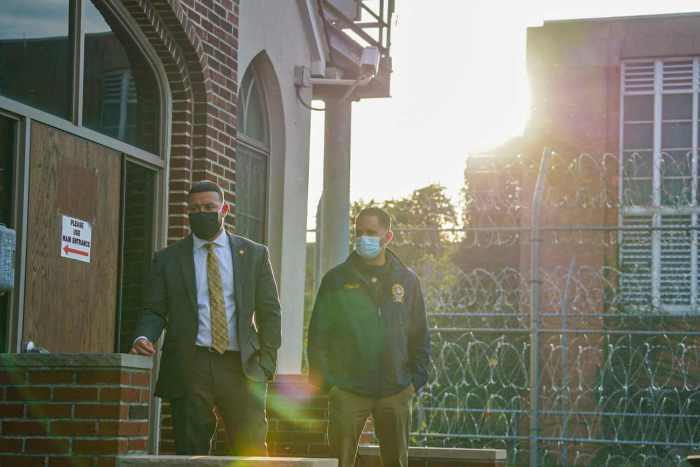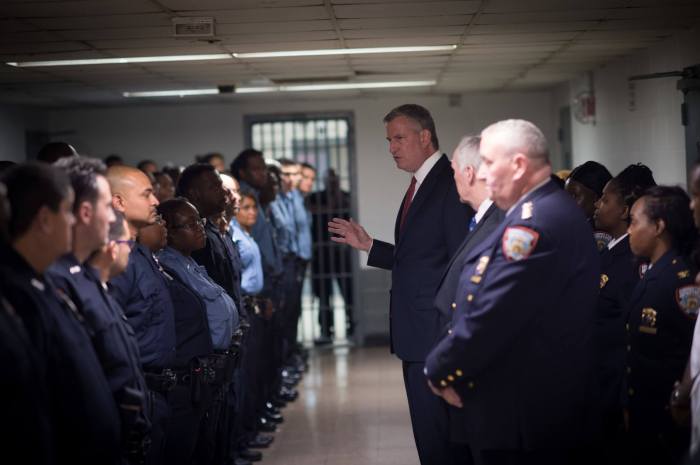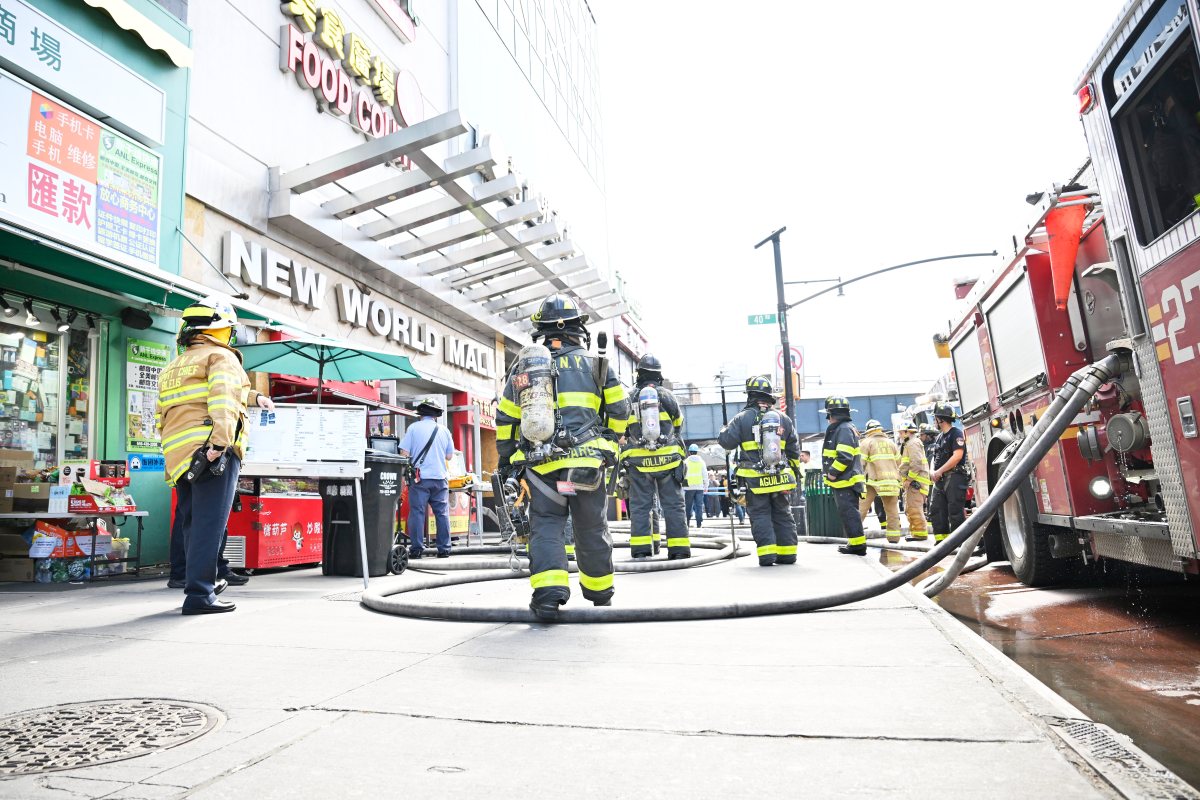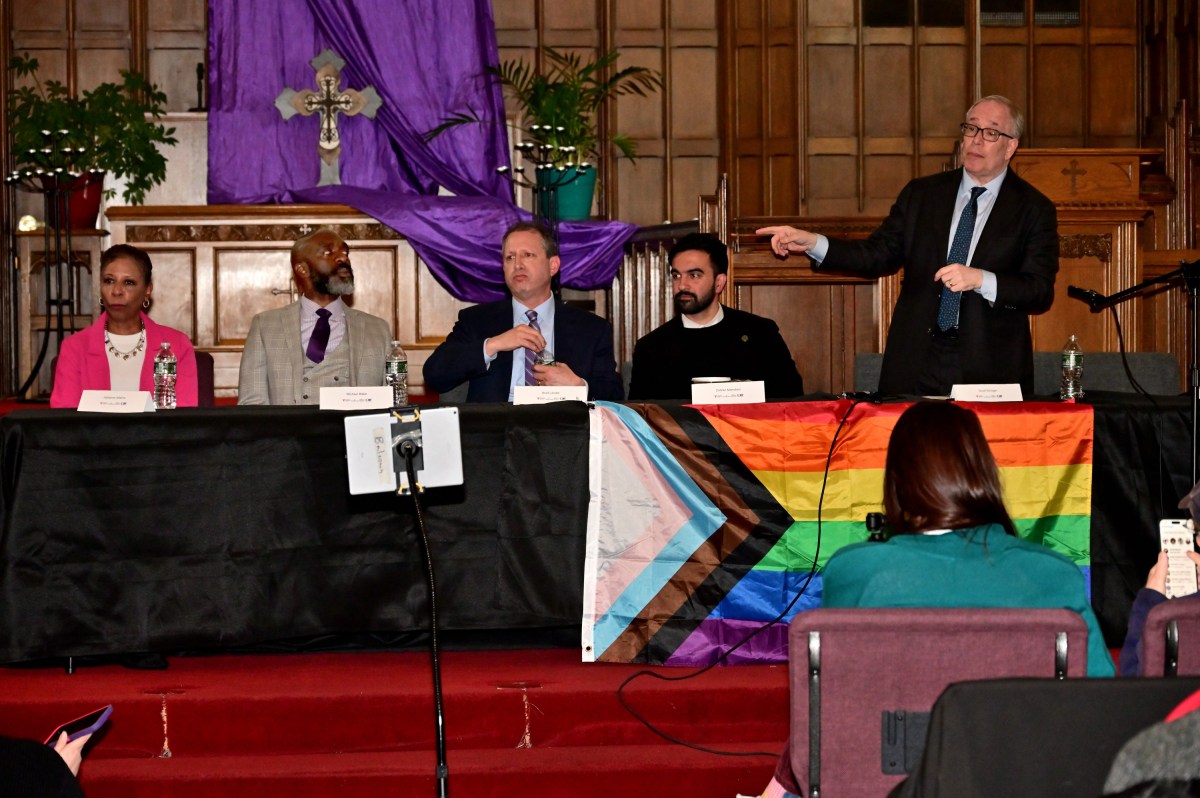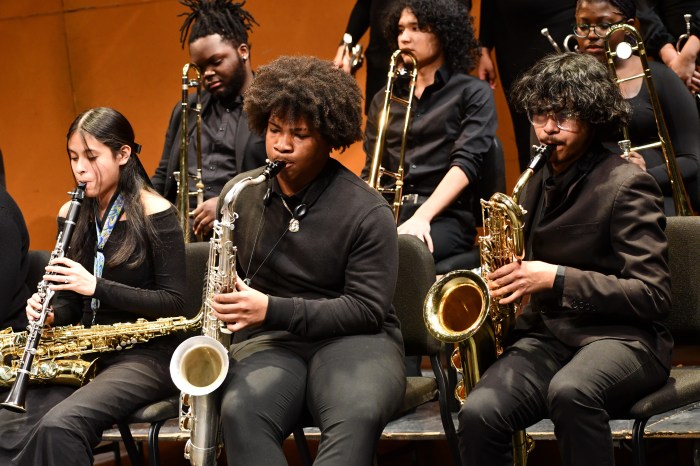I’m a registered nurse at the women’s jail on Rikers Island. To the outside world, my patients are criminals who belong behind bars. To me, they are patients who need and deserve the same quality healthcare as anyone else. Many of my patients ended up at Rikers because of behavioral issues caused by untreated mental illness. Many feel forgotten or abandoned by the system that locked them up instead of giving them the mental healthcare they needed to be well enough to function outside of jail.
My detainee patients deserve compassion, quality healthcare, and support. But New York City is facing a crisis of understaffing and high turnover among nurses in our public hospitals and clinics, including here on Rikers Island, that compromises care for my patients. Understaffing has worsened safety for both nurses and our patients.
When we don’t have enough caregivers, whether nurses, aides, or doctors, my patients don’t get the full services they need to be well.
At Rikers, nurses are responsible for medical emergency equipment checks, securing narcotics and sharp instruments, responding to all medical emergency calls, performing wound care, administering medications, performing and assisting with laboratory services, clerical duties, and assisting interdisciplinary team members. Nurses work 12-hour shifts, and are expected to complete all of our work within that time – a nearly impossible task even when we sacrifice our lunch and bathroom breaks.
We’re often so understaffed that we have just one nurse covering two mental health units totaling 50 patients. That puts nurses and our patients at risk.
On days when we do have enough nurses, we have to worry that management will float us to another jail on Rikers Island that is even more understaffed. Floating means that when we arrive at work, we might be taken from the jail where we were hired to work and where we’ve been trained to work, and put in another location.
When I get floated to a jail I’m not accustomed to working in, I’m constantly on edge. The patients in the other jail might be seeing me for the first time and it’s disruptive for them, too. My patients in the women’s jail know me and I know them and their issues. I can spot any changes in their behavior because I see them and care for them regularly. In another jail, it’s harder for me to keep myself and other patients safe because I might not be able to anticipate a behavioral change that could end up being a violent outburst.
The conditions of jail can trigger mental illness — and my patients often get locked in their cells because of the same behavioral issues that may have landed them in jail to begin with. Being locked in their cells triggers their mental illnesses even more, and caregivers aren’t allowed on the cell blocks to give them the medication they need. Their mental health worsens and some get more violent and could attack another patient or staff member.
Public sector nurses in New York City are mostly Black and brown women like me. My patients at Rikers look like me. My patients can’t get the care they need if we can’t hire and retain enough nurses to provide that care. They deserve better and we deserve better.
Nurses need pay equity to solve the crisis of understaffing and high turnover. A new nurse working at Rikers, or any other city-run clinic or public hospital in New York City now makes $19,000 a year less than a nurse in the private sector. And if we accepted the deal the city has offered us, that inequity would grow to $25,000 a year for a starting nurse.
Meanwhile, New York City spent a shocking $1.2 billion on temp staffing in our healthcare facilities in fiscal year 2022. Last week, in response to an information request from the NYC Comptroller’s office, the city acknowledged that at least $589.9 million of that went to temporary travel nurse contracts. With the crisis of understaffing worse than ever, spending on temp RN staffing in fiscal year 2023 is on track to exceed last year’s expenditures after only a few months, with $401.8 million already spent. And the average hourly rate for temp nurses is now $163.50. That’s nearly 3.5 times what staff nurses make, fringe benefits included.
NYC spends at least $1.5 million on temp nurses every single day that they fail to settle a fair contract that keeps qualified staff nurses at the bedside.
Pay parity for New York City’s public sector nurses is a matter of racial justice and healthcare equity. It’s also the right choice for the city’s finances. That’s why my public sector nurse colleagues and I, members of the New York State Nurses Association, are calling on Mayor Adams to do the right thing and settle a fair contract that pays nurses enough to stay on the job.
Shaiina Marston is a registered nurse at Rikers Island and a member of the New York State Nurses Association.



